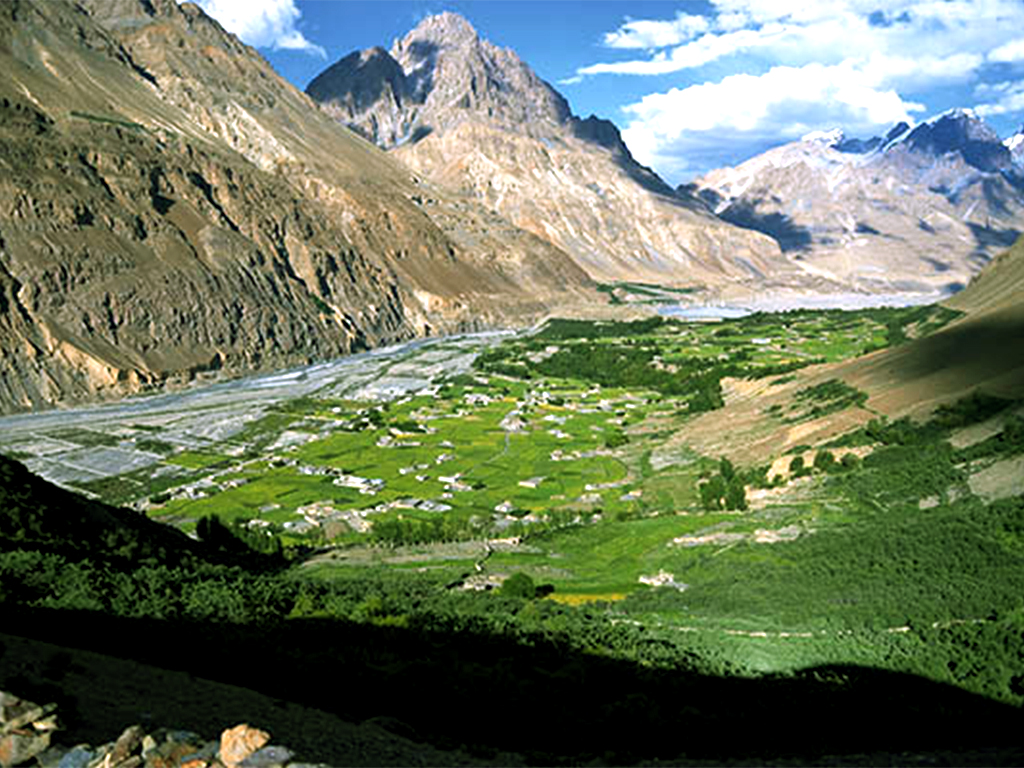Can tourism industry be saved?

Cold has gone away but cold realties now face Pakistan’s tourism industry in the corona times. Improved security, favorable international media coverage, encouraging travel advisories, and lax visa facilities had all combined to make the last tourism season a success, industry observers say. There were hopes that 2020 would be a great season. But that optimism is undone now, for nature had its own plans.
The issue at hand is to find creative ways to save tourism-dependent regions and businesses from catastrophe. Otherwise, the hard-earned improvements in hospitality infrastructure over last many years may go to waste and recovery may be painful when normalcy eventually returns. This tourism season is almost lost, and there is increasing likelihood that the next season in 2021 will reel from aftershocks.
Tourism expert Aftab Rana has estimated that 75,000 direct jobs are at risk of being lost this summer in the tourism-dependent areas of Gilgit-Baltistan (GB), Khyber Pakhtunkhwa (KP), and Azad Jammu & Kashmir (AJK). These jobs include travel agents, tour operators, hotel staff, tour guides, jeep drivers and porters. The loss in direct wages for the tourism and hospitality-related workforce is estimated at Rs3 billion per month. Overall, Pakistan was expecting $1.5 billion in income through foreign tourism this year.
Pakistan’s tourism industry has been especially prone to natural disasters (recall the 2005 earthquake and the 2010-11 great floods) and terrorism incidents (the lost decade between 2005 and 2015). But in the pre-corona times, nothing had hit the industry as hard as 9/11, which resulted in strong negative travel advisories for Pakistan. But even then, foreign tourists in adventure and business travel segments continued to visit Pakistan, and the rise of domestic tourism kept the local businesses afloat.
But now, with the virus affecting all and sundry, the situation is unprecedented. The tourism season has commenced, but local tourists are not expected amid the lockdown. Even when the crisis is over, the tourism industry cannot simply be switched back on. Domestic tourists may start returning next year, but foreign tourist arrivals will take years to recover. Amid down business, hotels and restaurants, many of which are SMEs, will have to deal with the added costs to ensure hygiene-related SOPs.
This situation cannot be overcome until there is a strategic plan that brings all stakeholders together. For that purpose, a National Recovery Committee has been formed under the federal government’s National Tourism Coordination Board (NTCB), with the objective to provide short-term to medium-term recommendations to the government by this month’s end. This committee’s data provided to BR Research, based on provincial tourism department’s inputs, show that hotel and tour operators in GB, KP, AJK, Punjab and Balochistan have lost an estimated Rs15 billion just in March and April.
It is unclear how much of the government’s relief measures can be availed. The industry doesn’t have a database, but it is seen that tourism produces a mix of blue-collar and white-collar jobs, the latter of which are not covered under Ehsaas relief. Besides, the SBP’s financing measures cannot be accessed by the many businesses that don’t have prior banking relationship. The already-banked businesses may need to be provided salary-related financing at much lower rates, as the business is totally shut down.
Considering that Pakistan’s tourism advantages are concentrated in the mountainous landscapes and archaeological sites, it may be a blessing in disguise that the halted humanity will inadvertently help the natural landscape to recover. The human angle of this crisis is severe and it requires support for workers and businesses. But the environmental angle of the crisis must also not be ignored, so that the future of travel and tourism becomes tethered with sustainable practices.





















Comments
Comments are closed.